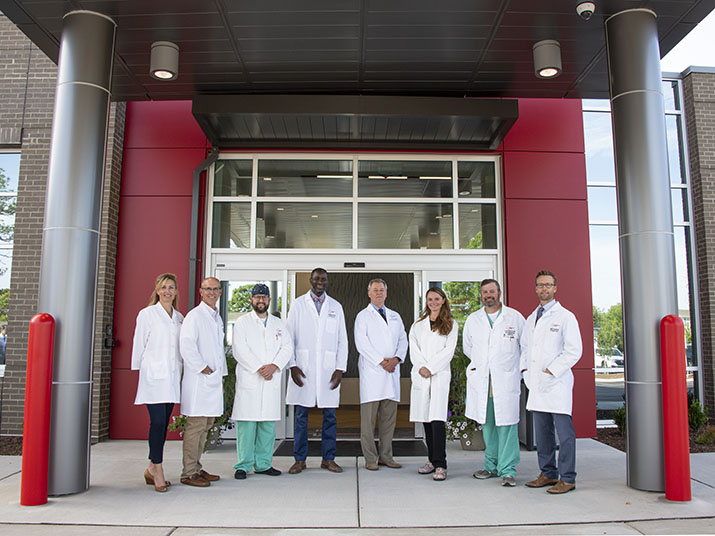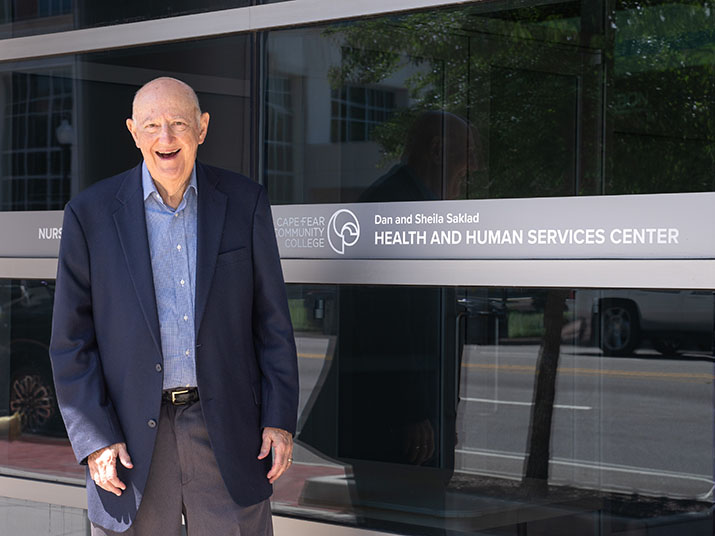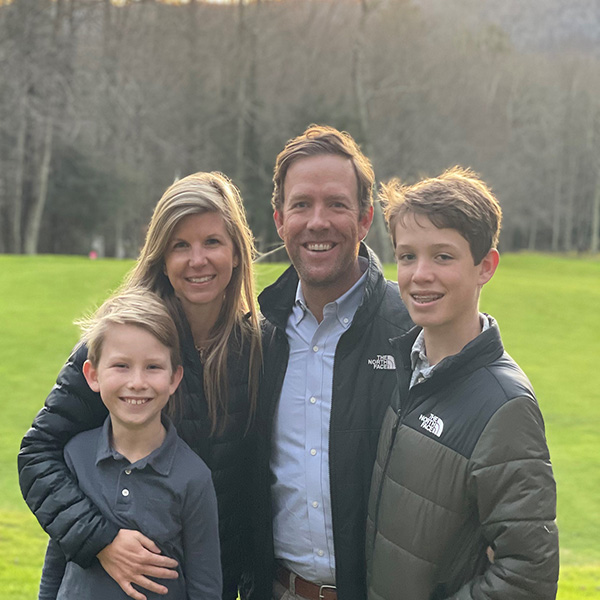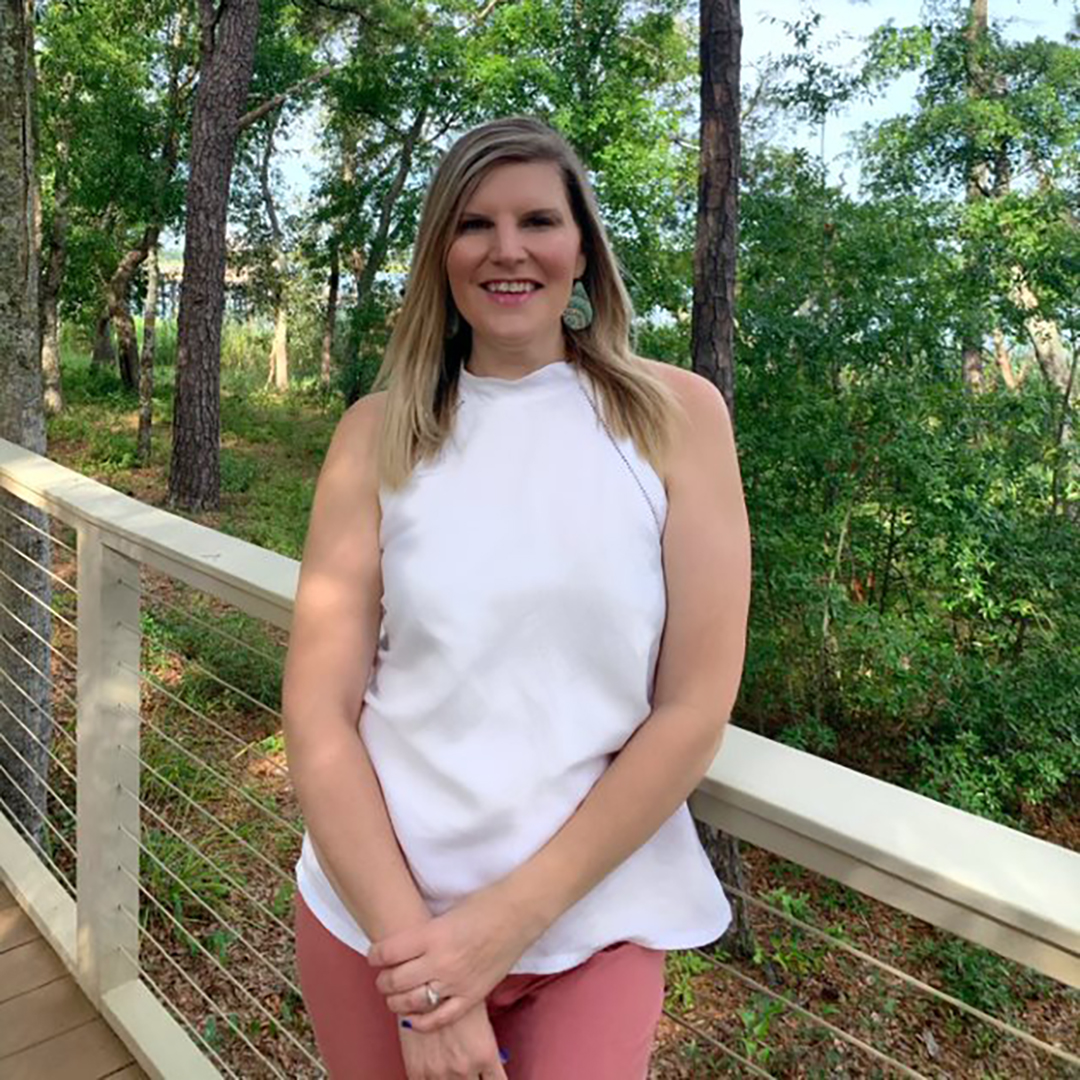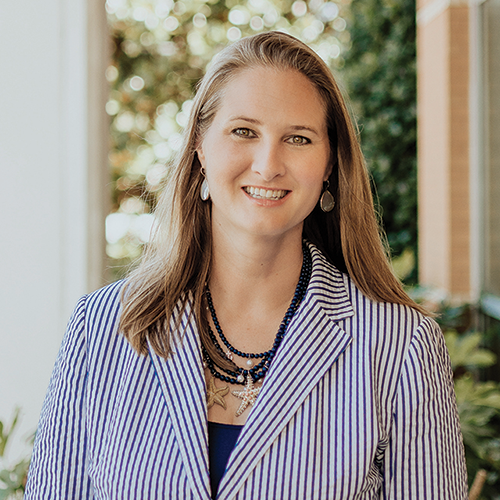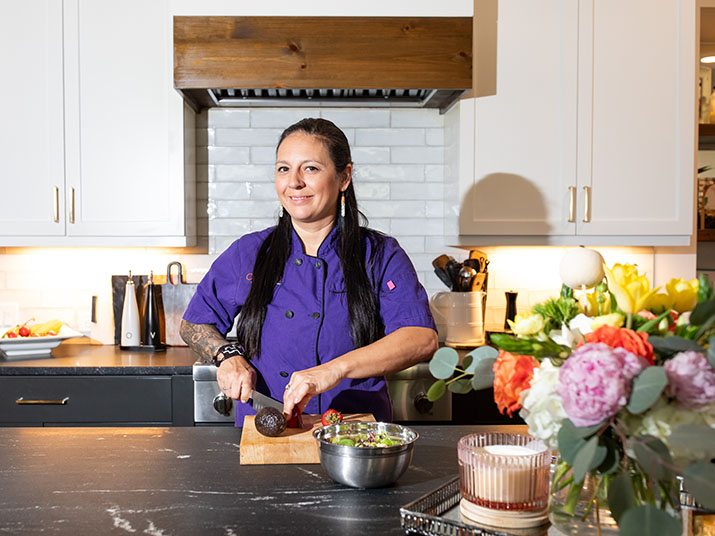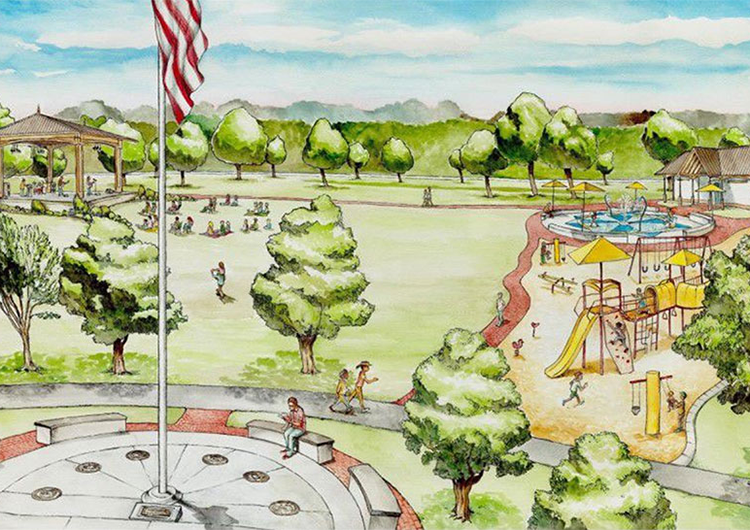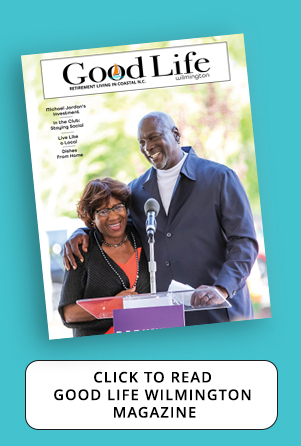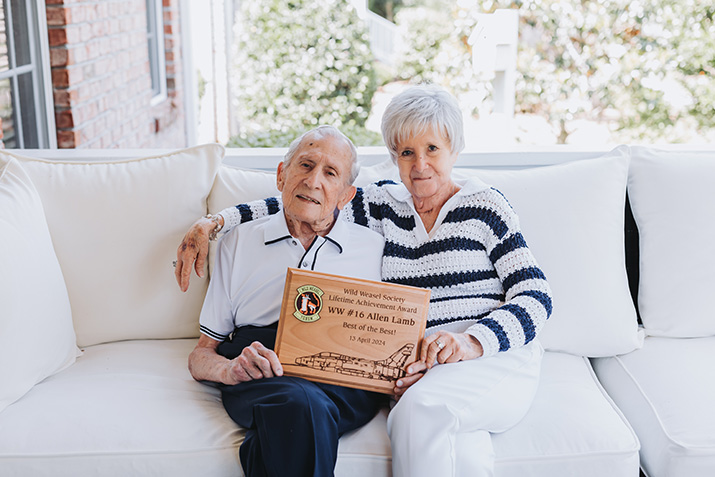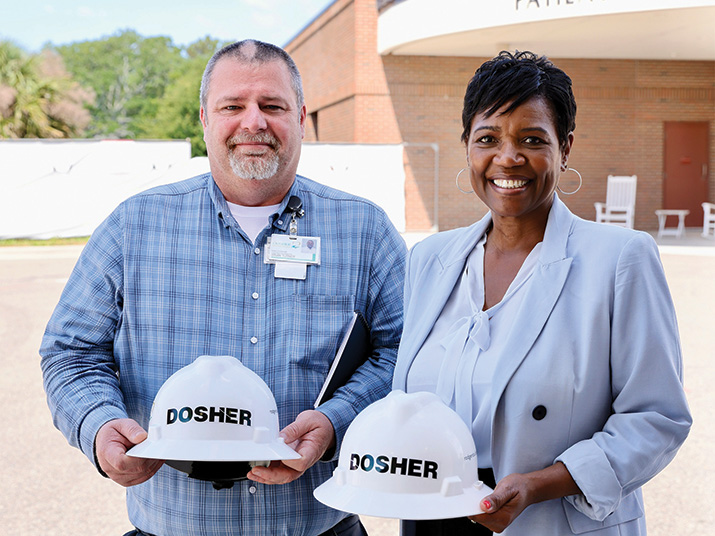Check-ups on memory health
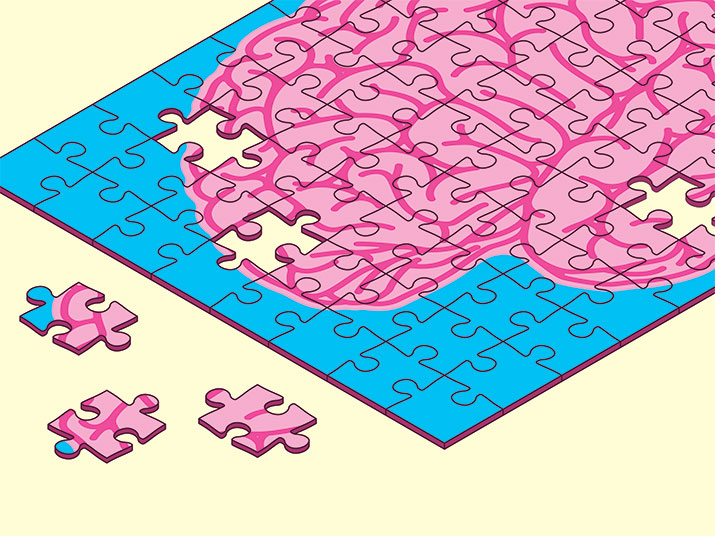
After watching my grandmother, great aunt and mother fade into dementia, I was worried every time I had a memory lapse. Sure, I did fine on my annual “wellness checks” at the doctor. My clock faces drew praise, and I could still remember the three unrelated words (“the zebra threw the book over the fence”) a few minutes after hearing them.
My primary physician suggested my husband and I make appointments for a memory assessment. “If nothing else, it will give you a baseline,” he said.
MARS Memory-Health Network, located in Wilmington’s Monkey Junction area, offers this kind of assessment as part of its screening, detection, diagnosis and counseling services for children, adolescents and adults. For adults, that means evaluations to detect memory loss and perhaps the onset of dementia.
MARS is a regional provider of these services, drawing people from as far away as Horry County, South Carolina, and Jacksonville, North Carolina, according to patient intake staffer Emily Mauger. “I believe we are the only ones in this area who do this level of neuropsychological testing,” she said.
“First you have an interview with a doctor, and then you have the test,” Mauger said, refreshing my memory about the evaluation I had several years ago. What I do remember is that I was nervous about how I might perform.
“A lot of people show up really worried, but they learn it’s a wonderful experience,” Mauger said. “There is both written and verbal testing.”
My husband did his assessment several days before I did, and he reported only that it was “hard” and “took a long time.” My appointment was scheduled ahead of a social event I didn’t want to miss, so I vowed to not only prove that my memory was exemplary but also to complete the assessment in record time.
That’s not the way to approach this experience, I soon learned. The assessment usually takes two-and-a-half to three hours, according to Mauger, so allow plenty of time to avoid the brain freeze that comes with pressure. The tasks are varied so the process isn’t boring; in fact, it’s full of surprises. I’d suggest looking at this evaluation process as a voyage of discovery. Besides finding out how good your memory is overall, you can learn your memory’s strengths and weaknesses.
For instance, do you remember what you hear more easily than you remember what you see? MARS tests both aural and visual acumen. Do you make connections within information you are given? Can you reproduce information you’ve been given after a lapse in time? Can you compute numbers in reverse? (I had been warned about that one).
The tests were challenging. My evaluator was professional, patient and – sadly – gave me no indication of how I was doing, despite the fact that I offered her many opportunities to do so.
“I bet nobody’s ever taken this long to complete this part,” was typical of my attempts to coax clues out of her. She would smile but disclose nothing. I completed the test battery with no idea if my memory was headed into perpetual fog. It wasn’t, as I learned later.
The final element of a MARS memory assessment is the feedback from one of MARS’ physicians. Both my husband and I received a confidential phone call from one of the doctors. In each case, the caller took as much time as needed to review the results of the tests and discuss what they meant, and what – if any – follow-up was needed. If memory loss is detected, individuals can return to MARS in the future to track any decline.
Most of the cost of a MARS assessment is covered by Medicare and most major insurers, except for Cigna and Medicaid, Mauger said. The wait time for an appointment can be as long as several months. But don’t worry: A MARS staffer will call to closer to the date to remind you.



